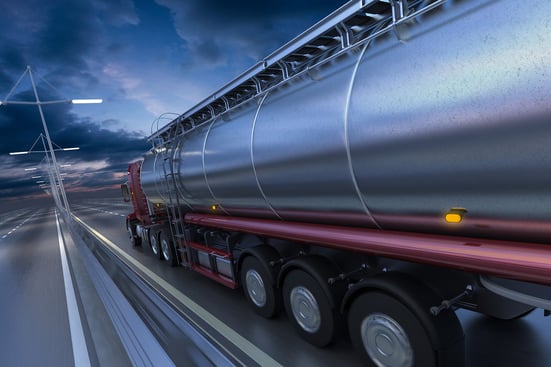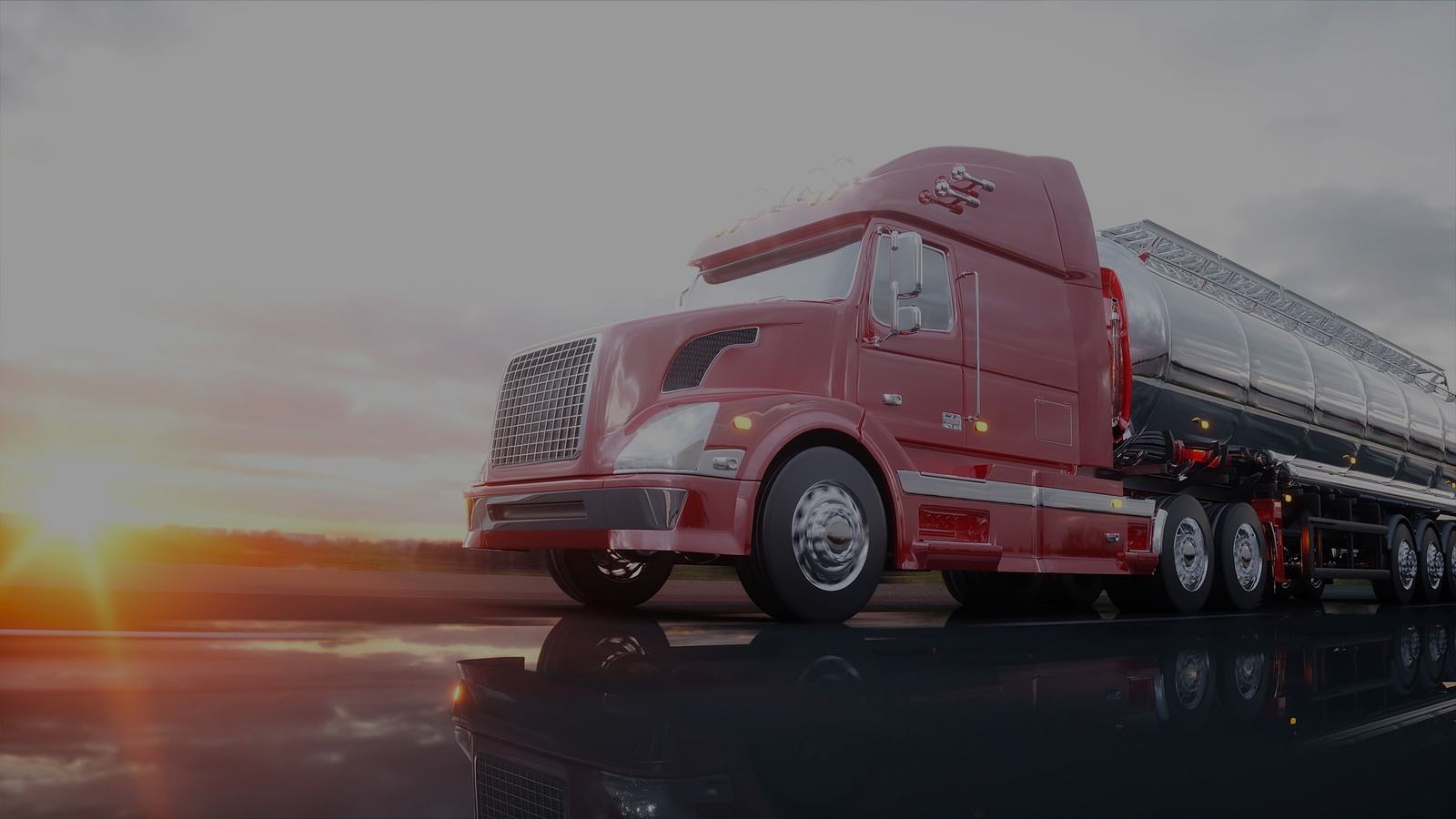In the world of bulk trucking, bulk liquid food-grade transportation is a specialized process that must be performed carefully to protect the integrity and safety of your products. In this article, we identify some of the most important considerations to help ensure successful loads for you and your chosen transportation provider.
5 key food-grade liquid bulk trucking considerations
 1. Is a Kosher process required? If the tank hauling the product must be kosher-certified, the shipment will require a Letter of Kosher Certification that confirms the trailer is listed and permitted to haul kosher items. The process involves a rabbi, who will provide the necessary instructions to prepare the tank for approval and listing on the kosher certification.
1. Is a Kosher process required? If the tank hauling the product must be kosher-certified, the shipment will require a Letter of Kosher Certification that confirms the trailer is listed and permitted to haul kosher items. The process involves a rabbi, who will provide the necessary instructions to prepare the tank for approval and listing on the kosher certification.When kosher materials require a blessing upon being loaded into a tank, a rabbi on the loading end will review the prior washout slip and The Orthodox Union Certification letter before the tank can be loaded. Tank wash facilities involved in the kosher certification process must also be kosher-certified and have a rabbi to oversee their wash processes. This ensures the tank is properly prepared according to kosher standards. Rabbis may also bless the tank, especially for products that are “Kosher for Passover.”
Rabbis autonomously coordinate their involvement, dictating their availability based on religious observances and holidays. Their schedule dictates when a truck can be loaded to ensure compliance with kosher standards.
2. Are the products used for human consumption? Consumables and/or topical products (e.g., ingredients used in skin creams) will also typically user kosher tanks, even if the product itself isn’t required to be kosher. The kosher standard ensures that any product intended for human consumption or application adheres to strict cleanliness and purity guidelines. It also reflects a high level of care taken in transporting these products, while ensuring compliance with key legislation like the Food Safety Modernization Act (FSMA).
Depending on the product’s requirements, a rabbi may not be required to be present at the loading or unloading sites. At Bulk Connection, the extent of rabbi involvement is part of our questionnaire that we review with customers. There are certain ingredients that go into a topical cream, for example, that are not rabbi blessed. But those ingredients are still being hauled in food-grade and or Kosher units that have undergone wash preparations specific to customer requirements.
3. What are product’s “incompatible priors?” The food-grade transportation process for liquid bulk products meticulously avoids the use of tanks that previously contained substances that could compromise the current product's integrity. This precaution involves detailed communication with customers to identify specific restrictions and to ensure that the tank's previous contents are compatible with the new load. This thorough vetting of equipment and prior cargoes is essential to maintaining product safety and quality.
4. What type of equipment is needed? Your transportation partner will need to understand how your product will be loaded and unloaded to and from the tank. These considerations will dictate the type of tank to be used.
Some bulk liquid food-grade loads may not require additional equipment such as hoses and pumps other than those provided at the loading and unloading sites. Why? These companies want to avoid using equipment other than their own to protect and maintain the integrity of the product. Their equipment has been quality inspected and vetted to maintain control over any potential impurities for the loading and unloading processes.
Should you require additional equipment, however, your carrier or bulk freight 3PL can assess what options are available and advise on the best solutions for your needs.
5. Is the product temperature sensitive? Some bulk food-grade liquid tankers are insulated and come equipped with steam coils (a series of coil lines that run along the sides of the tank). But, even with the tank being insulated, you can still expect to lose 3° to 5°F every 24 hours (this is true of any heated liquid product). The driver will call into dispatch each morning of the journey to report the current holding temperature.
If the material needs to be heated to a higher temperature prior to delivery, this insulated tank’s in-transit heating system allows for the tank to be connected to another source’s (e.g., tank wash facility’s) steam unit. The liquid is then heated to the appropriate temperature for unloading.
Turn to Bulk Connection for food-grade liquid bulk transport
If you’re looking to transport food-grade products, Bulk Connection has got you covered. With one of the largest networks of bulk carriers in North America, one call to us can ensure that your product is matched with the best possible carrier in your lane to keep your products safe and compliant. Contact us today to learn why food and cosmetics manufacturers have been turning to Bulk Connection for nearly 40 years.




